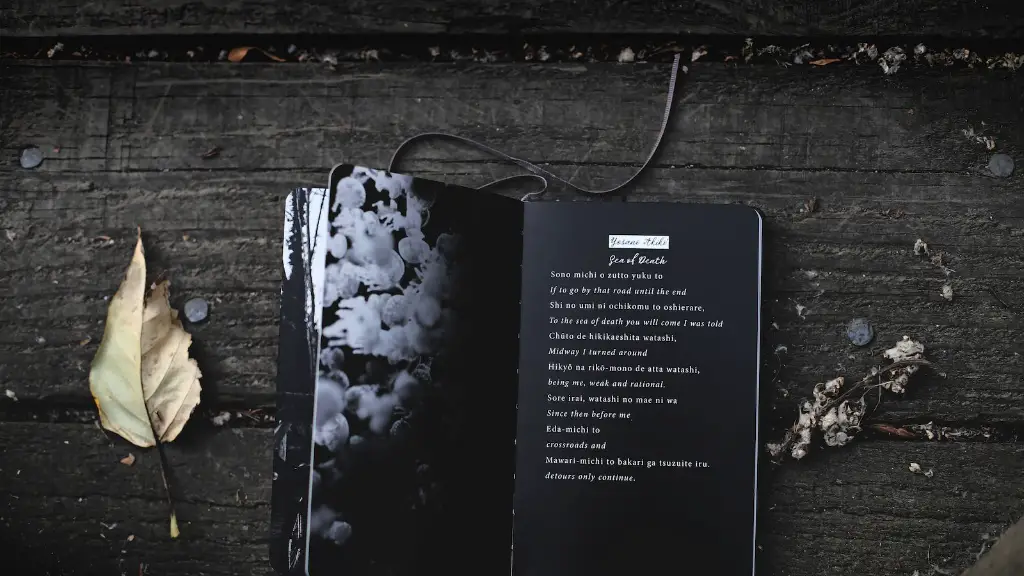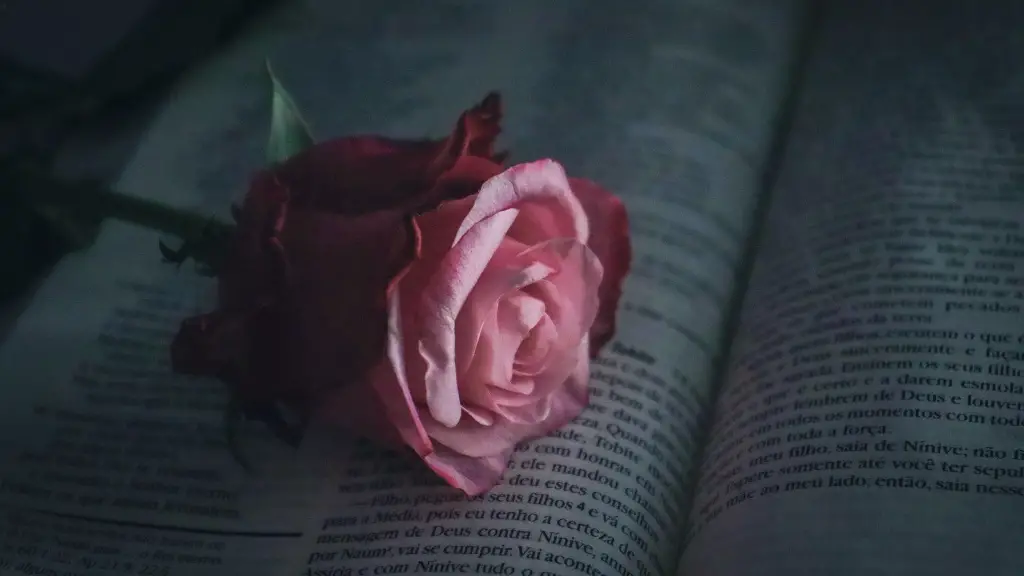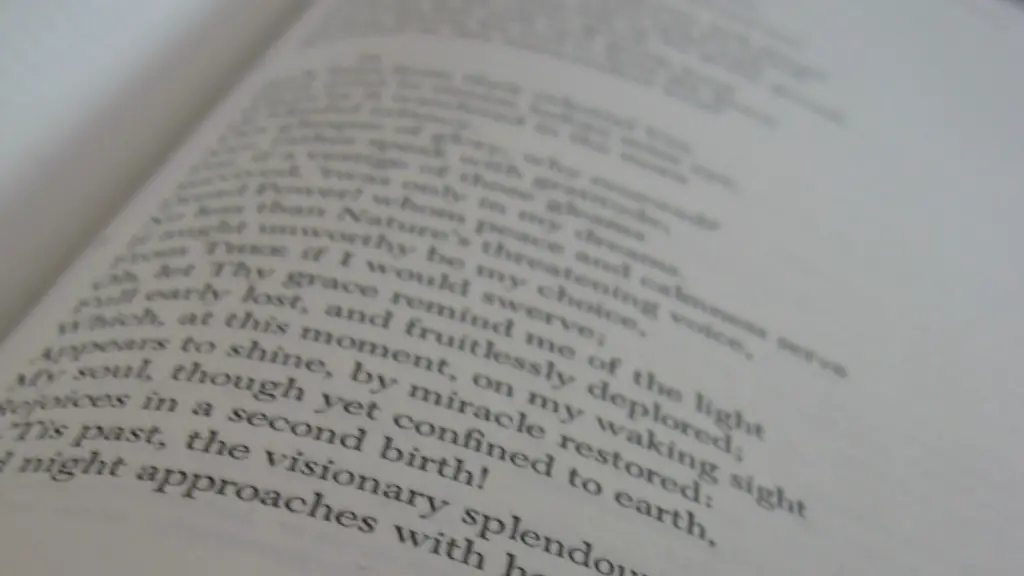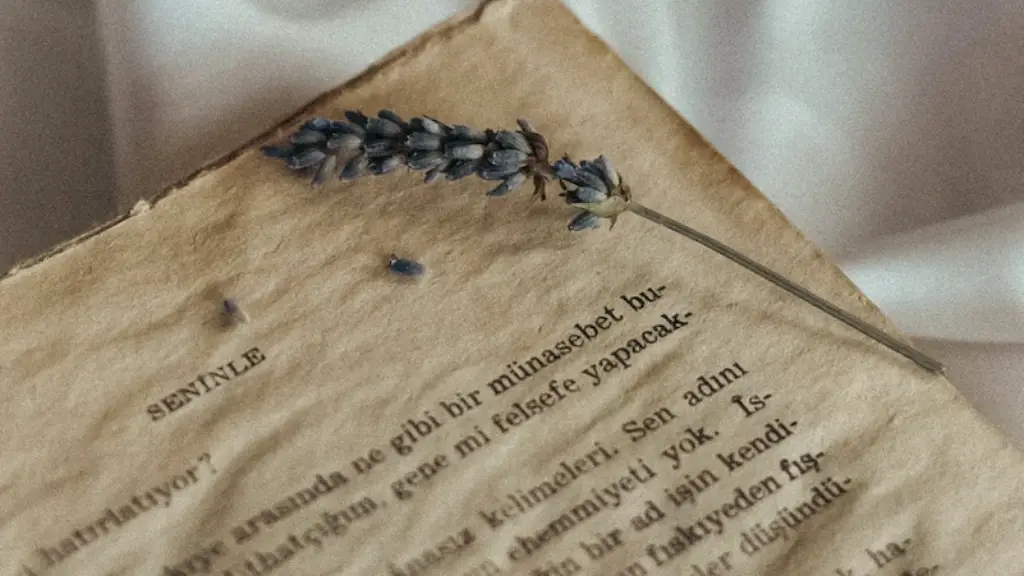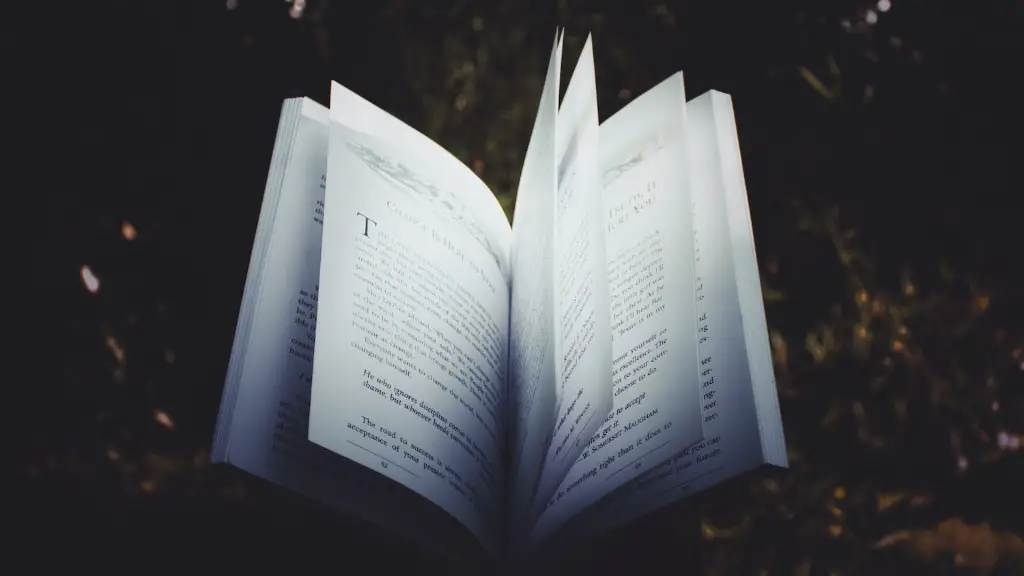How to Write Free Verse Poetry
Free verse is a type of poetry that does not have a fixed rhyme or meter. It is typically made up of independent thoughts and images that are pieced together to create an abstract, powerful emotion. Free verse is often written with an emphasis on the sound and flow of the words rather than the structure. In this sense, it is more open and exploratory than traditional forms of poetry.
The beauty of free verse is that it can express almost anything and anyone can write it. There are no rules and no expected conventions – only the poet’s own creative expression. Whether you are new to poetry or a seasoned veteran, understanding the basics of how to write free verse poetry can help you create meaningful and evocative pieces.
Understand the foundations of free verse
Free verse typically follows a very loose structure that involves no rhyme scheme or meter. This means that the lines are free to flow as the poet wishes, with no predetermined expectations. The poet can create a rhythm or pattern with their words by using enjambment (the running over of one line into the next) or repetition. The most important thing is to always stay true to the feelings and ideas that the poet wants to express.
When writing free verse, it is important to remember that there is no right or wrong way to do it. Poets can experiment with different structures, structures, and words as they go. Writing in free verse can be a liberating experience, as the poet can be creative without the constraints of traditional forms.
It is also important to remember that free verse is not ‘easy’ poetry. Just because there are no hard and fast rules, the poet still needs to think carefully about the words they choose, the pace of the poem and how their lines will interact with each other.
Explore different writing styles
Experimenting with different writing styles is a great way to discover what makes free verse special. A poet can try writing in free verse from a traditional poetic style, such as with a set rhyme scheme, or try a more modern style, such as writing with a specific rhythm and repeated words or phrases.
Exploring different writing styles also allows a poet to find their own unique voice. For example, some poets create a rhythm in their free verse by using a specific meter such as iambic pentameter, while others use the sound of certain vowels or words to create a distinct atmosphere.
Finally, experimenting with different writing styles can help a poet to create vivid imagery in their work and can help to evoke powerful emotions in the reader. By playing with different structures, a poet can create a poem that is both captivating and dynamic.
Think about structure and technique
When writing free verse, it is important to think about the structure and technique of the poem. This includes the visual structure, such as the length of the lines and the spacing of the words on the page.
The poet should also consider how they want to use language and sound, as sound plays an important part in free verse. This could include using alliteration or assonance, or experimenting with a person’s voice to create an atmosphere.
Finally, a poet should consider the narrative flow of the poem, as the words should flow together and create a satisfying journey for the reader. This includes thinking about the pacing of the poem, and how the poet may want to use enjambment and other devices to create a cohesive, powerful story.
Explore and experiment
Writing free verse can be an invigorating and liberating experience. To create something special, a poet should find the courage to explore and experiment. This can include experimenting with techniques and language, exploring different writing styles and tapping into their own unique perspectives.
A poet should allow themselves the freedom to express their ideas without the constraints of traditional forms, and to just let their words and thoughts flow. By doing this, they can create a piece of work that is full of creativity and passion.
Be inspired by the classics
Finally, poets can learn a lot by studying the iconic works of famous poets. Reading the work of some of the most celebrated poets throughout history can provide sparkling new ideas and can help a poet to find their own unique style.
By studying the works of iconic free verse poets such as Walt Whitman, Allen Ginsberg and TS Eliot, a poet can learn about different techniques and forms such as repetition, enjambment and structure. They can then use these techniques to create unique and powerful pieces of their own.
Understand the basics of poets
Understanding the basics of free verse poetry can help any poet – from beginner to experienced – to craft meaningful and powerful pieces of work. This includes learning about the structure and technique of free verse, experimenting with different writing styles, exploring new ideas and being inspired by the work of famous poets.
By remembering these basics and allowing themselves the freedom to express their ideas without the constraints of traditional forms, a poet can create a beautiful and captivating piece of work.
Tap into your unique perspective
One of the most important things for poets to remember when writing free verse is to make sure that their work is unique and interesting. This means tapping into their own unique perspectives and exploring the things that make them unique.
By exploring their own values, emotions and experiences, a poet can create a piece of work that resonates with readers and that communicates something powerful and meaningful.
Be mindful of the audience
When writing free verse, it is essential to be mindful of the audience. A poet should take into account who their readers are and how they will respond to their work. This can help a poet to craft a piece that speaks to their readers and resonates with them emotionally.
By understanding their audience’s values and experiences, a poet can create a poem that connects with readers and that is memorable and moving.
Find your voice
Finally, poets should find their own unique voice and stick to it when writing free verse. This means focusing on their own ideas and experiences, and writing from the heart. By being honest and genuine, a poet can craft something truly special.
By tapping into your own unique voice and perspective, a poet can create a piece of work that is full of feeling and powerful emotion.
